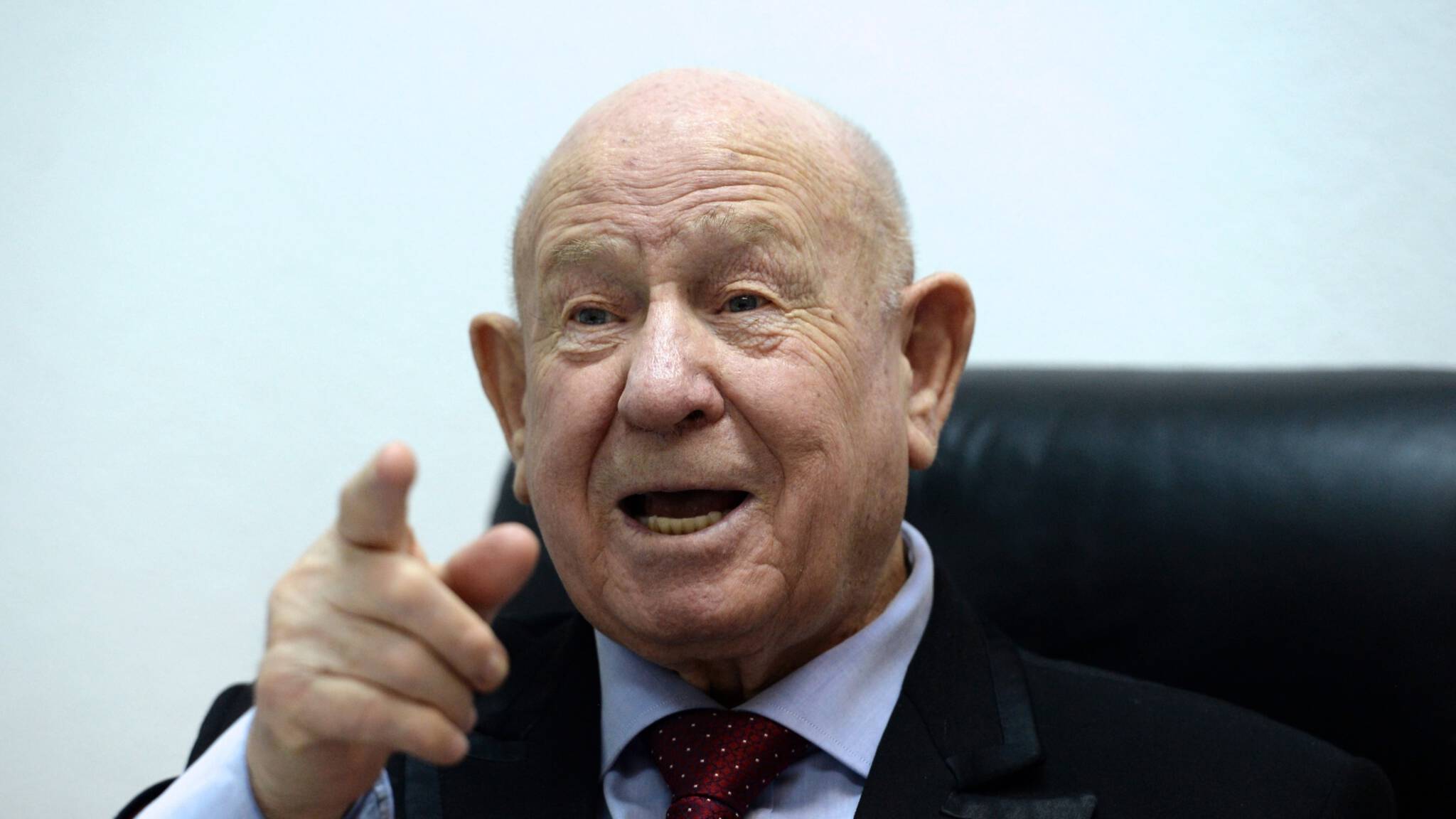Palinurus
The Living Force
Source (Dutch only): Eerste ruimtewandelaar Aleksej Leonov overleden (85)
Additional info:
Alexei Leonov - Wikipedia
Cosmonaut Alexei Leonov, Who Was First to Walk in Space, Dies at 85
Alexei Leonov Biography
Cause of Yuri Gagarin death finally revealed by fellow cosmonaut -- Sott.net
Video 8:31
Video 8:03
DeepL Translator said:First spacewalker Aleksey Leonov died (85)
NOS News - Abroad - Yesterday, 14:54 - Adjusted Yesterday, 16:25

© AFP
The first person to walk in space died. Aleksey Leonov was 85 years old, the Russian space agency Roskosmos reports.
Leonov was a pilot in the Soviet Air Force in the 1960s. He left his spacecraft on 18 March 1965. The walk lasted 12 minutes.
According to director Rob van den Berg of the Space Expo in Noordwijk, Leonov was the second largest space hero of the Soviet Union after Yuri Gagarin. "He was to the Soviets what Neil Armstrong was to the Americans in the 60s. He might also have been the first Russian on the moon if the Soviets had managed to put a man on the moon."
“He survived because of his cold-blooded attitude.
- Rob van den Berg, Space Expo
Leonov owed his heroic status in part to his cold-blooded performance during that very first space walk in 1965. After a quarter of an hour in a vacuum, his suit was so overblown that it no longer fitted in the airlock. Van den Berg: "By letting some air out of his suit he eventually succeeded to get back in, but that is dangerous, you have to let just enough air escape. He survived because of his coolness."
In 1965 both the U.S. and the Soviet Union tried to make the first space walk to their name.
Leonov made his last space flight in 1975. With a Russian Soyuz he linked to an American Apollo capsule, the symbolic end of the space race between the two countries. He then became the head of the Russian cosmonaut team.
Space journalist Piet Smolders met the astronaut several times. "A very professional person", he describes him. "But also a very humane person, a special combination of characteristics. He was also a great pilot and he did very important things. And he also made beautiful paintings."
In 2015 Smolders saw the cosmonaut for the last time. "Then I asked him if he was disappointed about anything. He said: that I've never been near the moon. We were ready for it. We were trained, the spacecraft were there, but the leaders pulled the plug."
Aleksey Leonov is to be buried in a military cemetery outside Moscow.
Translated with www.DeepL.com/Translator
Additional info:
Alexei Leonov - Wikipedia
Cosmonaut Alexei Leonov, Who Was First to Walk in Space, Dies at 85
Alexei Leonov Biography
Cause of Yuri Gagarin death finally revealed by fellow cosmonaut -- Sott.net
Video 8:31
Video 8:03



